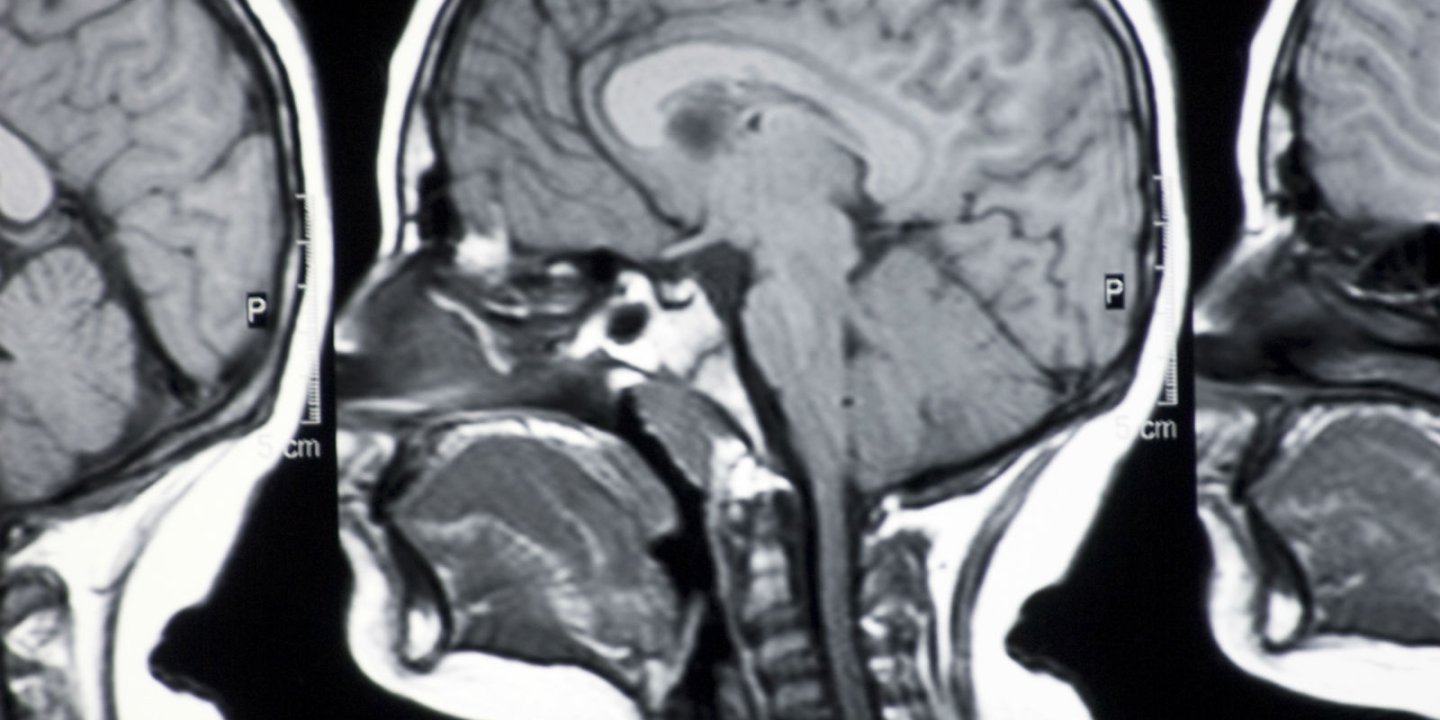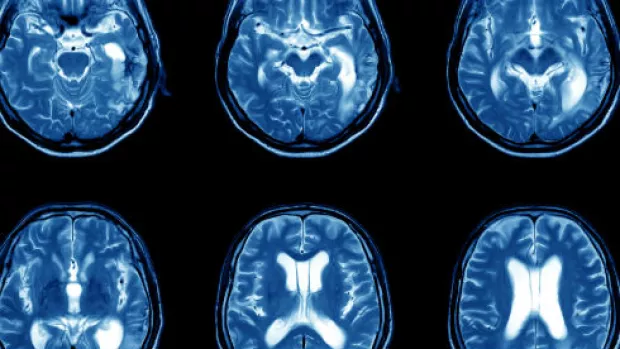
Predicting secondary progressive MS using MRI
People with MS generally live for decades with its effects. But most research studies only provide a snapshot of how the condition progresses over a few years. So it’s difficult to know what aspects of the biology underlying MS are associated with how it progresses in the long-term.
About the project
We currently don’t know which aspects of the biology underlying MS are most closely associated with the eventual transition from relapsing MS to progressive MS. In this project, the researchers will use MRI scans collected for a previous MS Society funded study of people with MS and clinically isolated syndrome (CIS). The previous study followed people for 30 years. They found they could largely be divided into two groups – those who continued to have a diagnosis of relapsing MS and remained fully mobile, and those who had higher levels of disability and had later been diagnosed with secondary progressive MS.
The team are now looking at three features of MS biology and seeing how they relate to these different long-term outcomes. The three features have all already shown promise at predicting disability but have only been looked at in studies over three or four years at most.
How will it help people with MS?
None of these features are specifically targeted by current MS treatments. So the findings will provide valuable insight into which aspects of MS to target, and when, in order to prevent progressive disability.
It should then be possible to screen potential new MS treatments based on how they affect these MRI features, enabling treatments to be tested earlier, more quickly and before disability worsens. Indeed, the team already have a strong track record of translating their findings into new drug trial MRI outcome measures.


